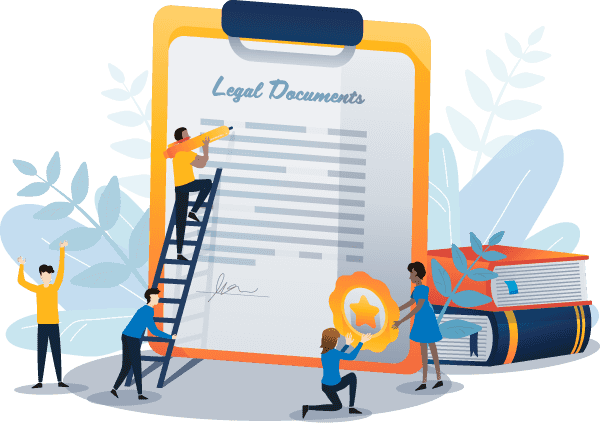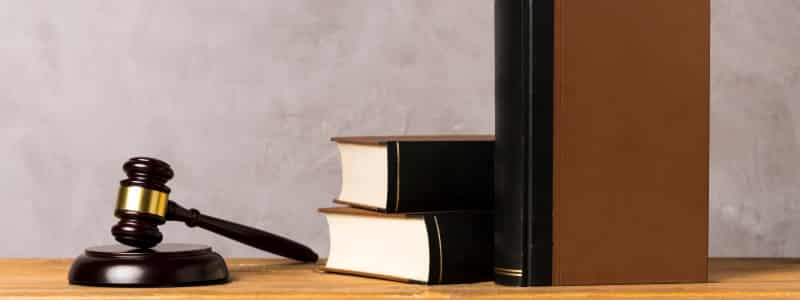Sydney-based lawyer specialising in M&A and capital markets. Formerly Legal Intern at Lawpath.
Background
Estate planning can be confusing. You need to have a solid understanding of non-estate assets, and how it differs from estate assets that pass in accordance with your will. This will enable you to structure your estate in a way that allows you to distribute your assets the way you intend to, which means more than just preparing a will. Aside from this, you will also need to consider other factors including taxes.
In this article, we will explain some important aspects of non-estate assets and how they might be relevant to your situation. You should consult an estate planning lawyer for further information and complete assistance.

Make your wishes known in a matter of minutes.
Complete, customise and download your will for free.
Get startedEstate assets vs non-estate assets
To help with your understanding, we will outline some key differences between estate assets and non-estate assets.
Estate assets
Estate assets pass in accordance with your will. Generally, they are assets that you solely own. Alternatively, they are also assets that are owned as a tenant in common with another person.
Common examples of estate assets include:
- Property owned solely under your name such as a car or boat
- Financial assets owned solely under your name such as a bank account, shares or bonds
- Property owned as a tenant in common with someone else such as land
Upon the death of a tenant in common, their interest in the asset will pass on to specific heirs. For instance, if you contribute an equal amount to the purchase price of land with someone and you die, your 50% interest in the land will pass in accordance with your will. If your will specifies your interest to be divided equally between your 2 children, then your children will each own a 25% interest in the land. - Business interests
Non-estate assets
Importantly, on the other hand, non-estate assets don’t pass in accordance with your will. They require different agreements. You need to be aware of this in order to successfully pass ownership of certain assets the way you intend to.
Common examples of non-estate assets include:
- Assets held as joint tenants – upon the death of a joint tenant, their interest in the asset will pass on to the surviving tenant. For instance, if you purchase land with a spouse under a join tenancy and you die, your interest in the land will pass to your spouse. Your spouse would then become the sole owner of the land.
- Assets held in a trust or company – a trust is a separate legal entity from your estate. Similarly, assets of a company are owned by the company. Even if you own part of the company, it’s still a separate legal entity.
- Superannuation – superannuation will commonly pass through a binding death benefit nomination. You will need to consider whether you want to nominate a specific person to be a recipient of your superannuation funds. The binding death benefit nomination will also need to be updated.
Key takeaways
Ultimately, estate planning can be quite complex. You need to understand non-estate assets and how it differs from estate assets. For example, non-estate assets don’t pass in accordance with your will. This understanding will enable you to structure your estate in a way that allows you to distribute your assets the way you intend to, which will require more than just a will. Don’t forget to consult an estate planning lawyer for complete assistance.






